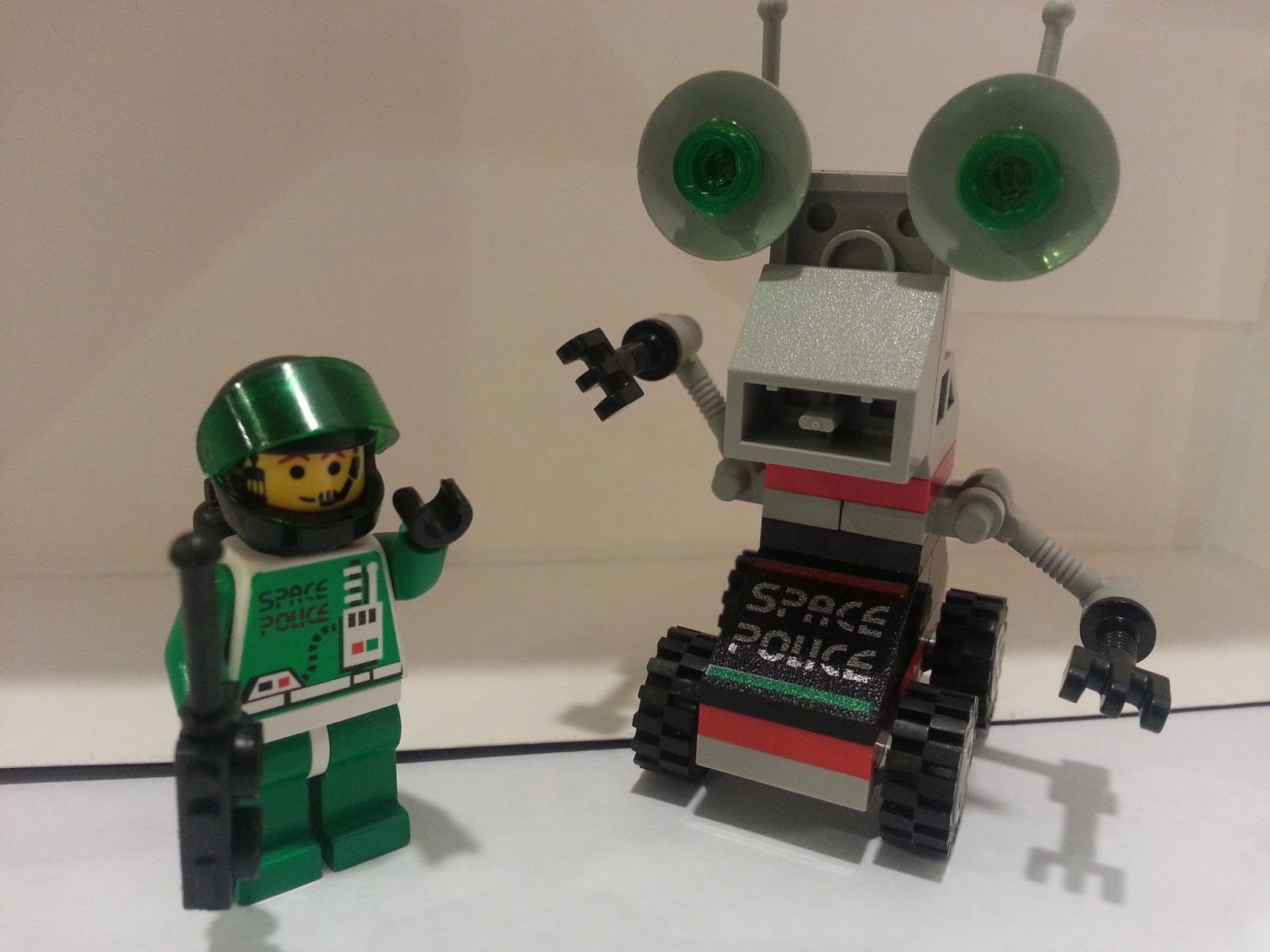

They also believed that governments should not “control” individual behaviour.ĭisinformation actors understand quite well how to abuse and exploit such beliefs. People who were highly vaccine-hesitant were influenced by beliefs that vaccines would pollute the “pure” bodies of their children. In short, the reasons for believing unfounded claims about vaccines go far beyond a simple lack of knowledge.Ī 2017 study in Nature Human Behaviour found statistically significant relations between vaccine hesitancy and moral values in two large groups of American parents. It is well documented by academic research that we tend to make up our minds about vaccines based not only on scientific facts or medical arguments but also on social, cultural, economic and political factors, on personal experiences and on moral convictions. Approaching others with respect and willingness to listen is key to having a meaningful and impactful conversation. Regardless of educational background, people can have hesitations and fears which may stem from valid concerns about vaccine safety and efficiency. What if this person who believes in and shares misleading claims and outright conspiracy theories about vaccines is someone close to you – a friend, a loved-one, a neighbour? Assertions that the Pope demands his followers to get vaccinated as a service to global pharmaceutical companies might seem ridiculous, but mocking, shaming or getting angry at someone who is actually concerned about it can be counter-productive. Engaging with such content (even by leaving a negative comment) may only help it spread further. If you come across disinformation or conspiracy theories about vaccines on social media, a good rule of thumb is to report such posts to the platforms, as they are likely to go against their policies.


 0 kommentar(er)
0 kommentar(er)
